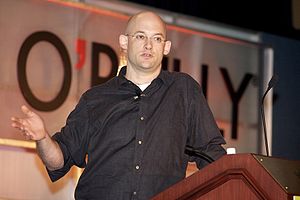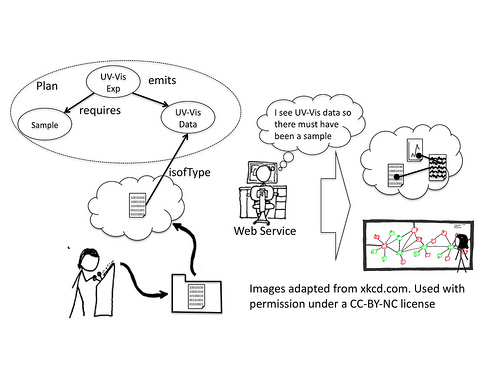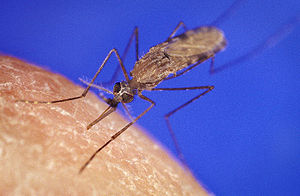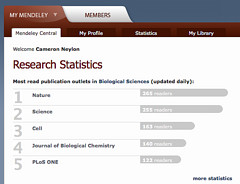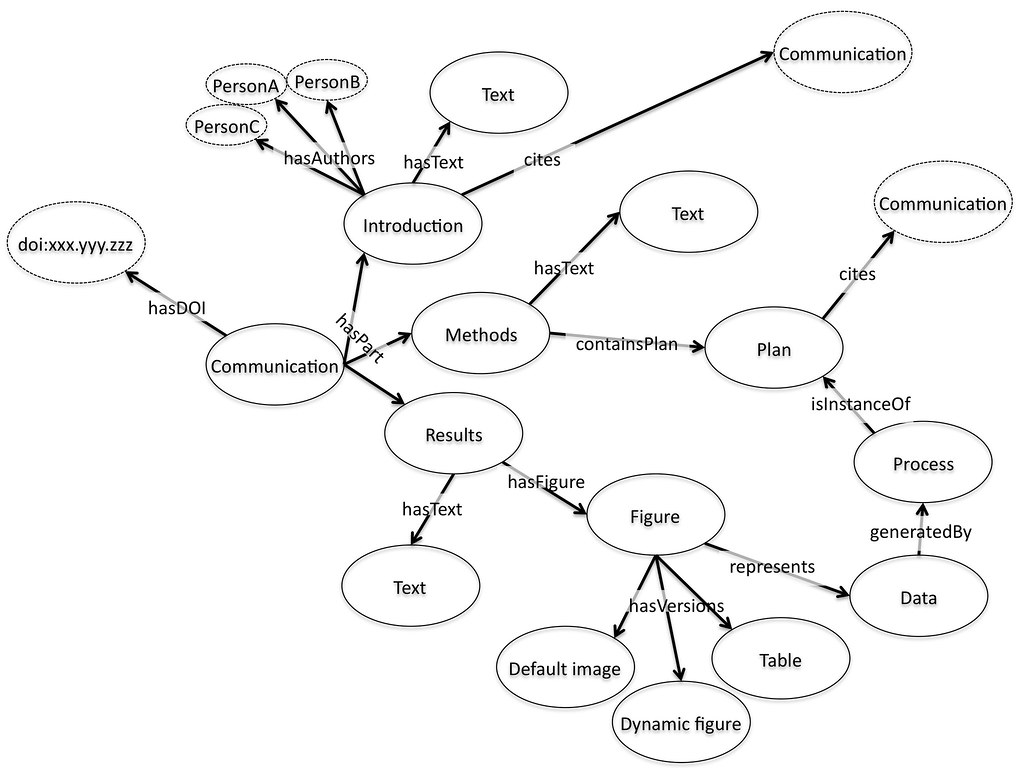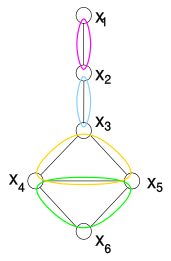
The online maths community has lit up with excitement as a document, claiming to prove one of the major outstanding theorems in maths has been circulated. In response an online peer review process has swung into action that is very similar to the kind of post-publication peer review that many of us have advocated. Is this a one of, a special case?


